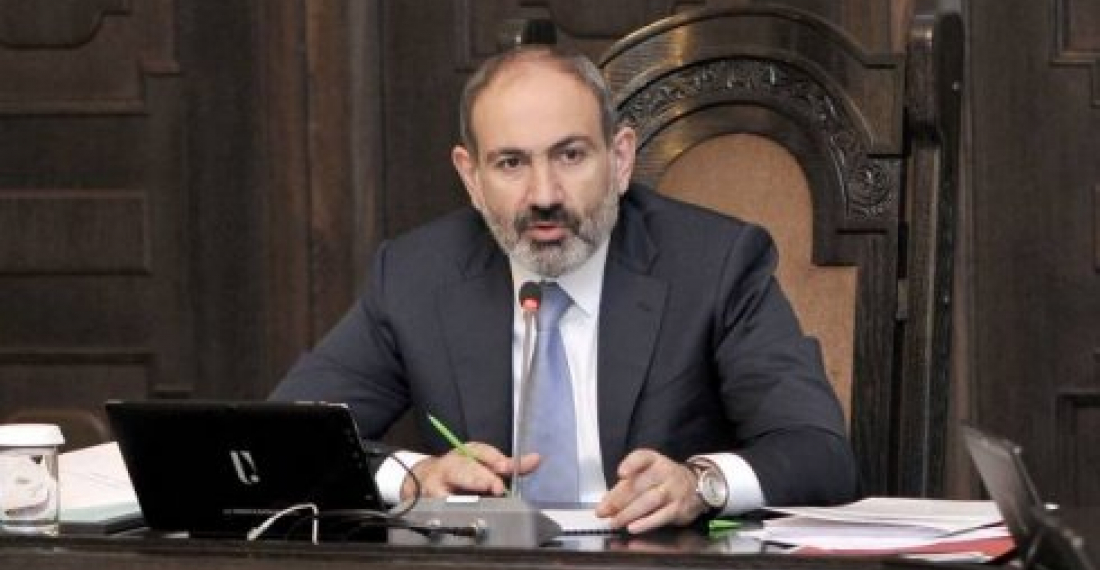Премьер-министр Армении Никол Пашинян предупредил об угрозе демократии в стране со стороны групп "Черных рубашек", которые планируют использовать насилие для дестабилизации политической ситуации. Премьер-министр заявил на заседании кабинета министров в столице Ереване утром в четверг (6 июня), что любая пропаганда насилия и ненависти в Армении должна получить решительные контрудары.
"Год назад в Армении произошла ненасильственная, бархатная революция, а затем ряд сил, в том числе те, которые прямо или косвенно связаны с бывшей коррумпированной системой, попытались создать для себя определенное пространство политической деятельности. Это естественно в любой демократической страны. Однако после одного года попыток и действий эти силы наконец поняли, что они необратимо маргинализированы, и в последнее время столкнулись с перспективой не получить никакой политической поддержки, некоторые круги решили провести пропаганду политической легитимизации насилия в Армении В этом контексте проводится организованная кампания, основной смысл которой заключается в том, что они готовятся решать политические проблемы с помощью насилия. И эти сообщения и риторика теперь все более и более организованы. У нас есть оперативная информация о том, что определенная часть этих кругов решили сформировать группы так называемых людей в черном, которые будут путешествовать по городу в попытке создать определенное настроение, выделяться определенным поведением и не только", - сказал Пашинян.
В этом контексте премьер-министр отметил, что в стране, где победила ненасильственная революция и где раздаются призывы к насилию, реакция правоохранительных органов не может быть бархатной. "В таких условиях правоохранительная система должна дать очень сильный ответный удар на все подобные случаи", - сказал Пашинян.
Премьер-министр сказал, что говорил об этом с начальником полиции Валерием Осипяном утром.
"Что касается этих групп людей в черном, они должны быть найдены, их проблема с одеждой должна быть решена, им должны быть выданны красочные галстуки-бабочки и провожены к нормальной, цивилизованной и законопослушной жизни с самыми яркими цветами", - сказал премьер-министр.
"Это вопрос общественной безопасности и национальной безопасности. И рассматривать эти вопросы только как нарушения уголовного кодекса, на мой взгляд, недостаточно. Если есть необходимость, то необходимо инициировать законодательные изменения и пропаганда насилия и ненависти должны получить очень сильное противодействие. Я хочу подчеркнуть, что не имеет значения, являются ли эти лица, занимающиеся пропагандой насилия или ненависти, сторонниками или оппозицией правительства. Любой, кто пропагандирует насилие в Армении, должен получить сильный контрудар. Я хочу, чтобы вы правильно поняли, что речь идет не о политической деятельности, критике, которая необратимо гарантирована в Армении", - сказал премьер, добавив, что контрудар по пропаганде насилия должен быть «железным».
источник: commonspace.eu по материалам armenpress.am и агентств.
фото: Никол Пашинян






